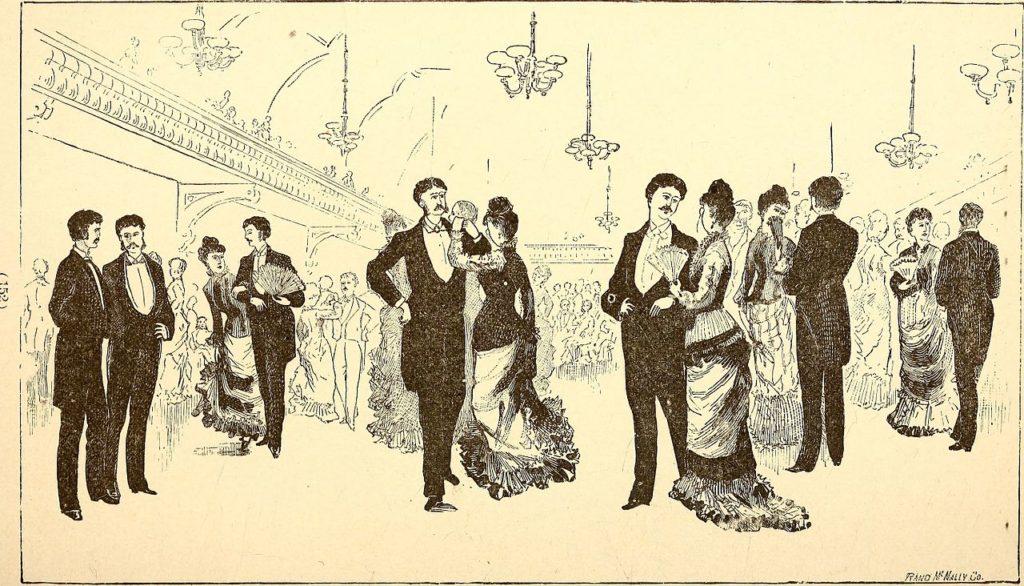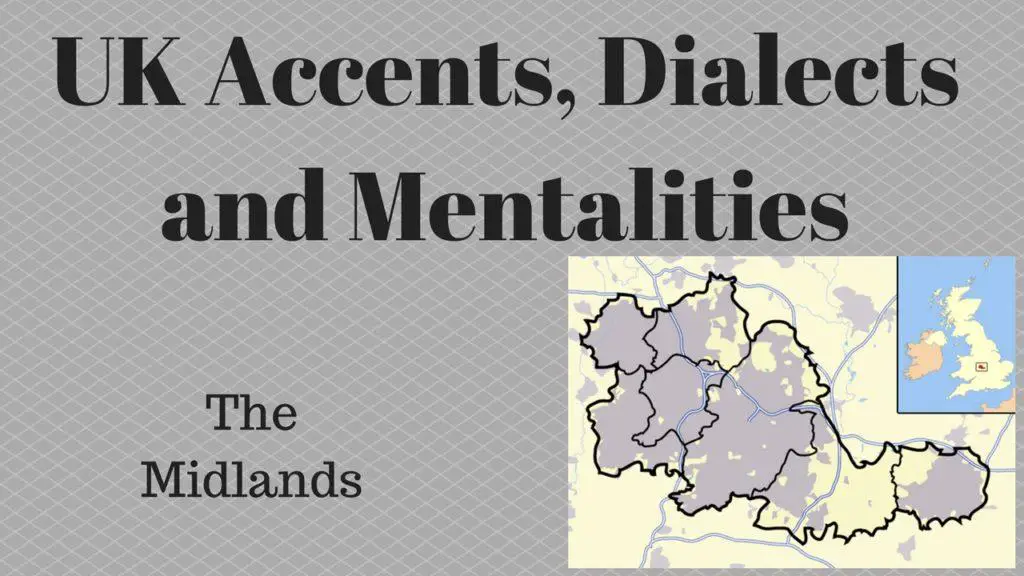Start Friendly Conversations – Introduction
The office kitchen or breakroom might seem like a small space, but it’s actually one of the best places to build genuine connections at work. These quick, informal chats can help you feel more comfortable, strengthen your relationships and improve your English in a real-world setting.

If you’re a non-native English speaker, you might feel nervous about what to say – or whether to say anything at all. This article gives you practical tips and ready-to-use phrases so you can confidently join in.
🔗 Related: How to Build Good Relationships with Colleagues in English
💬 Join our learners’ community to practise your English and get support from other professionals.
Be Aware of Timing and Body Language
In shared office spaces, timing is everything. Look for natural pauses in activity – when someone is waiting for the kettle, heating up food or washing their mug.
A smile or eye contact before you speak can help signal friendliness. You don’t need to start with a big question. A simple comment or offer is often enough.
Examples:
-
“Need the kettle?”
-
“Go ahead – I’m not using the microwave yet.”
-
“Long queue for tea today!”
Cultural tip (UK vs US):
In the UK, people may be more reserved in breakrooms, waiting for a clear signal before starting a conversation. In the US, casual chitchat is more common and openly welcomed. Be observant and adjust to the environment.
Use Safe, Friendly Conversation Starters
The goal is to create a light, friendly atmosphere – not to get too personal or formal. Topics like food, drink and everyday routines are perfect.
Simple questions or comments:
-
“Have you tried the new coffee pods?”
-
“That smells amazing – what is it?”
-
“Do you usually take your break around this time?”
Even if someone replies briefly, you’ve made a connection – and next time, it’ll be easier to talk again.
Respond Even If You’re Unsure
You might worry that you won’t know how to respond – but you don’t need to say much. Simple, polite phrases show interest and keep the conversation flowing.
Useful responses:
-
“Oh, nice!”
-
“That sounds good.”
-
“I might try that next time.”
You can also ask a follow-up question:
-
“Where do you get that from?”
-
“Do you make that at home?”
Use Friendly Endings to Keep Things Open
Short conversations are often best in these settings. Ending them well shows confidence and friendliness.
End the conversation naturally with:
-
“Enjoy your coffee!”
-
“I’d better get back – see you later.”
-
“Nice chatting – hope the rest of your day goes smoothly.”
This makes it easy to talk again next time.
Build Familiarity Over Time
These small interactions build trust and warmth. You might not have deep conversations right away, but saying hello regularly can help you feel part of the team.
Examples:
-
“Morning! Coffee again?”
-
“You always bring the best lunch.”
-
“That’s your third tea today – I’m counting!”
These comments are light, friendly and show attention – without being too personal.

Office Culture Differences: UK vs US
Understanding a few workplace norms can help:
🇬🇧 UK English:
-
People may queue for the kettle or microwave and often wait quietly.
-
Banter (light teasing) is common, but subtle.
-
Phrases like “Fancy a cuppa?” (Would you like tea?) are normal.
🇺🇸 US English:
-
Colleagues are often more open and expressive.
-
Small talk is encouraged, even expected.
-
Food is often a topic of bonding – think “What’s for lunch?” or “Smells great – did you make that?”
Adjust based on your colleagues’ style and the overall culture in your office.
Phrases and Vocabulary to Practise
| Phrase | Meaning |
|---|---|
| “Pop into the kitchen” | Go quickly to the kitchen |
| “Grab a coffee” | Get a coffee |
| “Need a hand?” | Do you need help? |
| “Be right back” | I’ll return soon |
| “Fancy a biscuit?” | Want a cookie? (UK: biscuit = US: cookie) |
Practise saying these with a friendly tone. They sound casual and natural in conversation.
You Don’t Need Perfect English to Be Friendly
Many professionals think they need perfect grammar or pronunciation before speaking. That’s not true. Most native speakers appreciate the effort and are happy to respond.
Start small. You’ll gain confidence over time – and feel more connected at work.
Conclusion: Use Small Talk to Build Real Confidence
Starting conversations in the breakroom is a great way to connect with colleagues without pressure. You don’t need long discussions – just short, friendly exchanges.
Practise a few openers. Watch others’ body language. Use the same phrases again and again until they feel natural.
You’ll not only improve your English – you’ll also build stronger workplace relationships.
🔗 Also read: How to Build Good Relationships with Colleagues in English
💬 Want to practise in a safe and friendly space? Join our learners’ community today.


